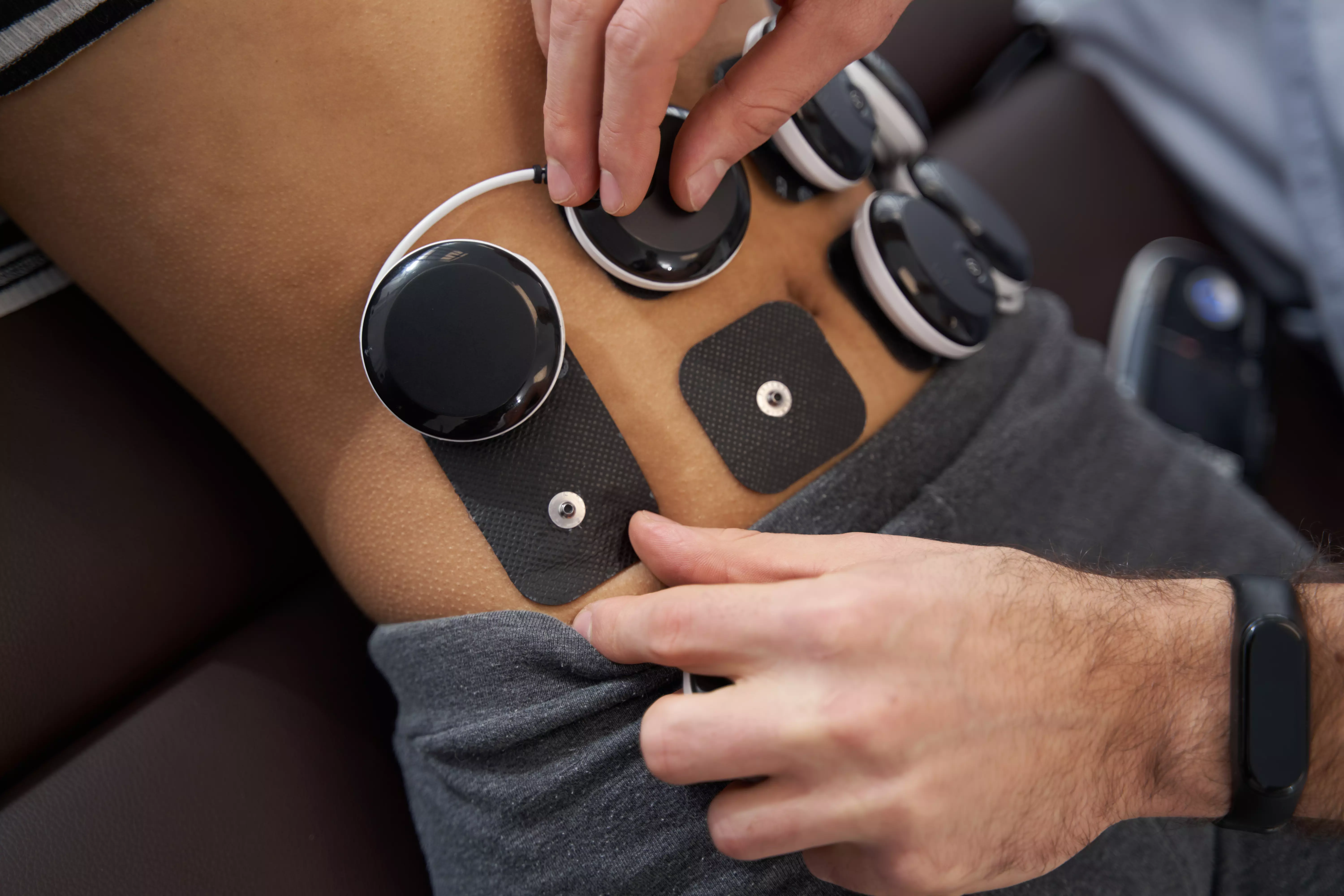Rehabilitation after epilepsy recovery techniques
Rehabilitation after epilepsy recovery techniques
Epilepsy, a neurological condition characterized by recurrent seizures, has a significant impact on patients' functioning. People with epilepsy can experience loss of skills and difficulties in daily activities. However, with proper rehabilitation, there are techniques that allow patients to regain lost skills.
The use of occupational therapy
Occupational therapy is one of the most effective techniques used in rehabilitation after epilepsy. It involves a structured approach to teaching the patient various skills related to daily functioning. The goal of occupational therapy is to develop the skills needed to perform activities of daily living, such as dressing, cooking and maintaining personal hygiene.
Occupational therapy uses various tools and techniques, such as manual exercises, cognitive training and social skills training. Patients learn to control and shape their movements to regain lost motor skills. In addition, occupational therapy also helps develop cognitive skills such as thinking, concentration and memory.
Supporting rehabilitation with technology
Nowadays, technology is playing an increasingly important role in rehabilitation after epilepsy. Special computer programs, mobile apps and training devices can be used to support rehabilitation and skill recovery. 
Computer programs offer interactive exercises and games that allow patients to improve motor and cognitive skills. Mobile apps, meanwhile, provide anytime, anywhere access to therapy, which is especially important for people with epilepsy who often have limited access to traditional medical care.
In addition, specialized training devices, such as electrostimulators and magnetic stimulation devices, can be used in rehabilitation after epilepsy. These advanced technologies allow stimulation of a specific part of the brain or muscles, helping to improve the patient's neurological and motor functions.
Psychological support and patient education
Rehabilitation after epilepsy is not just about physically restoring lost skills. Psychological support for the patient and education about his condition and techniques for managing his symptoms is also an important part of the process.
As part of psychological support, patients can participate in individual or group therapy to help them cope with the emotional effects of epilepsy. Therapists help identify and manage the stress, anxiety and depression that often accompany the condition.
Patient education is also vital. Patients should be informed about their disease, the medications used to treat epilepsy and techniques for managing seizures. This knowledge allows patients to actively participate in the rehabilitation process and better control their health.
Summary
Rehabilitation after epilepsy is a complicated process, but as the aforementioned techniques show, there are many opportunities to regain lost skills. Occupational therapy, the use of technology, psychological support and patient education are key elements of a successful rehabilitation process. An individualized approach to the patient, taking into account his or her unique needs and goals, is also important.
